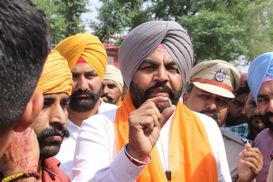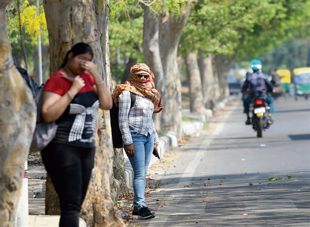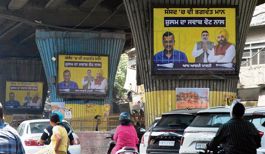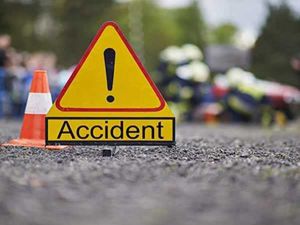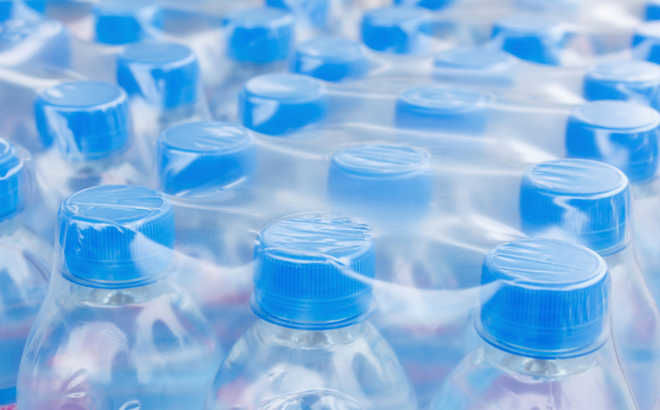
Photo for representational purpose only. - File photo
NJ Ravi Chander
IT’S hard to believe that packaged water was once a rarity. People considered safe drinking water a privilege. Groundwater served as the primary source of drinking water for many households. However, in certain pockets of Bengaluru, the municipal authorities took a significant step, installing taps in every neighbourhood and introducing piped water. However, although most houses had water supply connections in the 1970s, the precious liquid rarely poured out. When residents turned on the taps, hissing sounds greeted them from the empty pipes.
Back then, we were forced to rely on the street taps for drinking water. Our parents would stir us up in the middle of the night. We would clutch buckets and brass vessels and join the serpentine queue in front of the street tap. The arduous task of fetching water would take over an hour, often forcing us to sacrifice sleep. And yet, the taps would run dry a few hours later. The early birds would get their fill, while the latecomers would return with empty vessels, a cycle that was repeated day after day.
Getting water from the public tap was a challenging task. You had to remain steadfast to keep wise guys from jumping the queue. The jostling often resulted in fisticuffs and brawls punctuated with a liberal use of unprintables.
At places like Lingarajapuram in Bengaluru, where we lived in the 1990s, the absence of running water was a stark reality. The locals had to endure a daily struggle for water, relying on traditional carriers like the bhishtis. These bicycle-borne persons would sell plastic pails of water, sourced from the nearby town, from morning till night.
At school, we drank unfiltered water from the faucets. On one occasion, when I went up to the school's water tank and peeked inside, I was shocked to discover that the insides were covered with moss. The school authorities hadn’t bothered to clean it, and we didn’t dare question them. But luckily, thanks to our robust immune system, we never fell ill.
Sadly, the harm caused to the environment outweighs the advantages of packaged water. Inadequate plastic waste disposal contributes to global warming, clogs waterways and imperils ecosystems. This crisis demands immediate attention and action, as the consequences are already upon us.
Sikkim, a northeastern state, deserves utmost admiration for its progressive step of banning plastic mineral water bottles. The state, blessed with abundant natural resources, has set a commendable example of environmental responsibility. Visitors are not permitted to bring packaged water bottles, which can take centuries to break down and endanger plant, animal and marine life. This is a model that other states should not just emulate but strive to surpass, helping to save our country from the destruction caused by plastic.
Join Whatsapp Channel of The Tribune for latest updates.





















